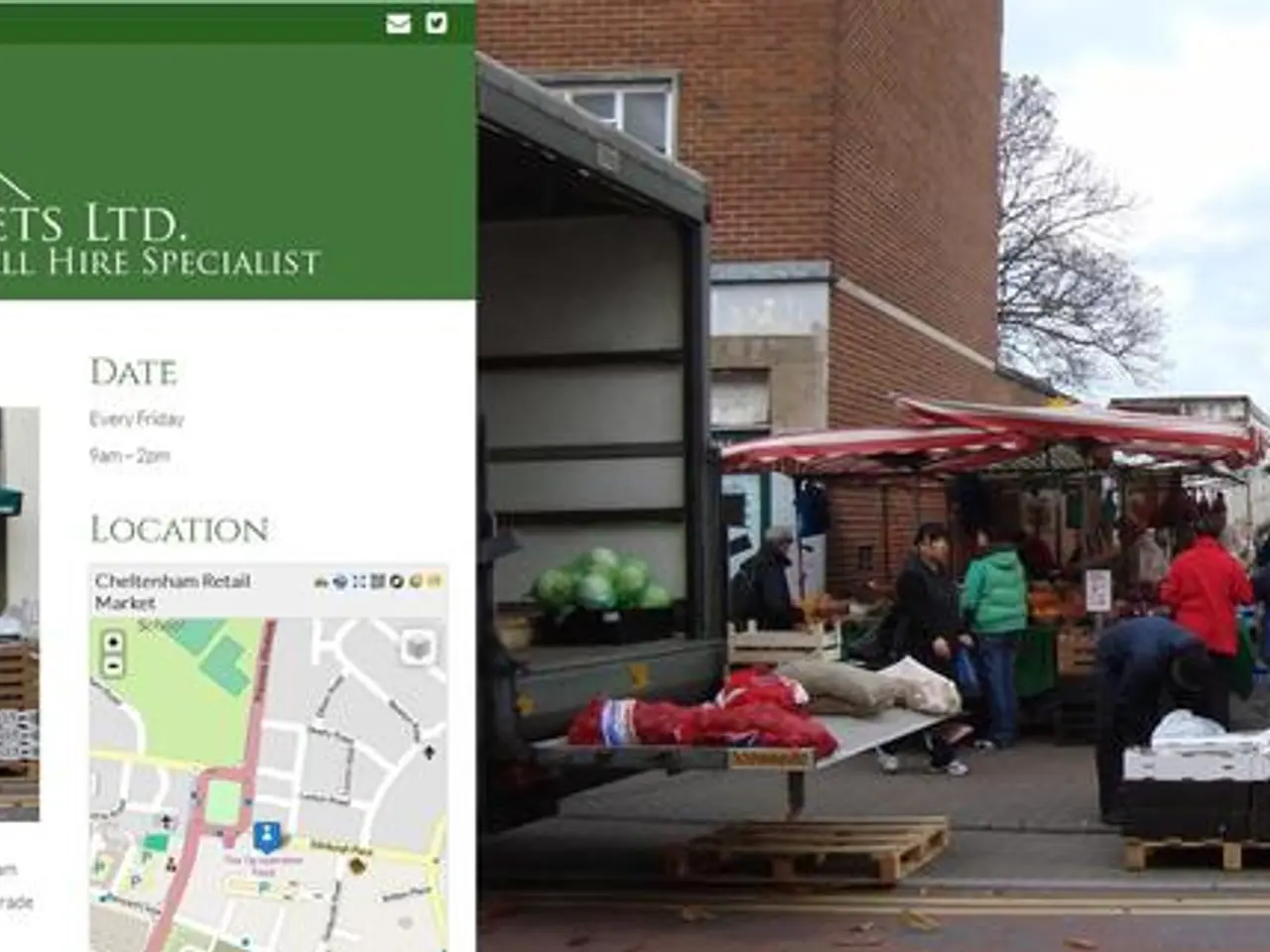Top Notch Part-Time Gigs for Seniors in Their Golden Years
In retirement, the focus shifts from the number of hours worked to the financial aspect of employment. With this in mind, retirees are turning to a variety of side gigs to supplement their income and maintain mental stimulation.
One popular option is consulting, where retirees can leverage their lifetime professional experience to advise businesses. This flexible work allows for engagement with meaningful challenges and fosters social interaction [2][4]. Tutoring or mentoring is another choice, where retirees use their expertise to teach students or guide younger adults, keeping the mind active and fostering social connections [2][5].
For those seeking moderate physical activity and companionship with animals, pet sitting and dog walking offers a suitable option [2][3]. Golf course starter or ranger jobs provide outdoor activity, social interaction, and enjoyment of a favourite sport while earning money [1]. Delivery driving for groceries or small goods offers flexible hours and local travel, allowing retirees to stay active and engaged with their community [1][5].
Craft coaching or workshop leading, where retirees share hobbies like knitting, gardening, or scrapbooking, often through libraries or community centers, combines creativity with social connection [3]. Mystery shopping, tour guiding, or movie extras provide occasional, interesting work that breaks routine and stimulates the mind [3]. Voice-over work for audiobooks or commercials leverages unique skills for creative and flexible employment [3].
Volunteering is often recommended for retirees seeking purpose and mental benefits without financial incentive. New workplace trends also support remote or hybrid gigs that offer flexibility and benefits suited for older workers [4].
However, it's important to be clear about hours and expectations in such jobs. Retirees should also consider the impact of their side hustle or part-time job on their life and health. Setting limits on the time spent working or volunteering is crucial for mental benefits.
Real estate investing is another popular side hustle for retirees, offering a reliable stream of income and projects to focus on. Retirees can invest in REITs, flip homes, buy properties and convert them into rentals, or turn a portion of their home into a short-term rental [6].
Retirees can also work from home as experts on question-and-answer platforms like JustAnswer, with earning potential ranging from $200 to $2,000 a month. Virtual assistant work, data entry, bookkeeping, or other similar gigs offer another option, with earning potential ranging from $200 to $2,000 a month [7].
Retirees are seeking jobs that offer a departure from their paycheck years, such as content creation. Platforms like Substack allow retirees to publish newsletters, while becoming product experts offers another avenue for creative employment [8].
The issue of retirees running out of money is so pervasive that 40% of U.S. adults plan to work or are already working in retirement [9]. Longer life spans, fewer company pensions, rising doubts over the future of Social Security, and a half-decade run of high inflation are contributing factors to retirees returning to work [10].
According to George McFarlane, president of 7 Waters Advisors, many retirees return to work because they miss the routine and friendships at work, and struggle to find their new purpose [11]. Writing in retirement allows for flexibility to pursue other interests, such as travel [12].
Despite the low pay, Allen J. Wiener, a historian and author, continues to write in retirement and finds it rewarding [13]. The figure of retirees planning to work rises to 45% for millennials and 48% for Gen Xers [14]. There's a significant demand for office workers, even on a part-time basis (10 to 20 hours a week) [15].
In conclusion, these side gigs not only supplement income but also help retirees stay mentally stimulated, socially connected, and physically active in a way suited to their preferences and health [1][2][3][4][5].
Science and workplace wellness can intersect through consulting or tutoring, where retirees can share their expertise in a particular field, promoting cognitive health and fostering social interactions. Moreover, personal finance and health-and-wellness can be connected as retirees consider the financial implications of their side hustles or part-time jobs, ensuring a balanced approach for maintaining both their financial security and well-being.




